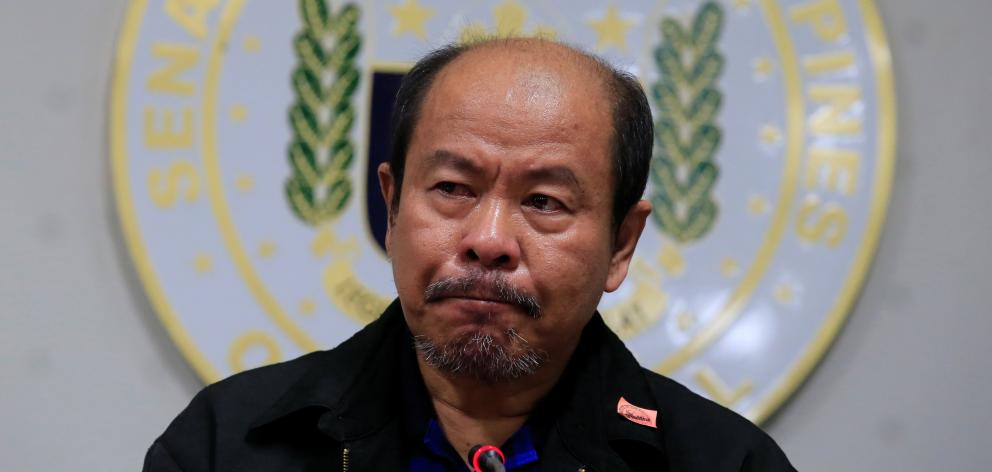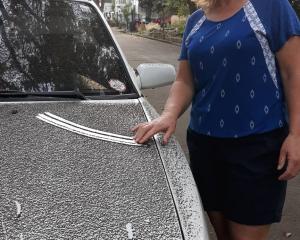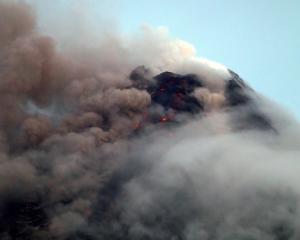
Arturo Lascanas, a retired Davao policeman, said on Monday he had killed a radio host critical of Duterte at the behest of a driver and close aide of the mayor, and that Duterte had paid money to police for carrying out assassinations.
Duterte has repeatedly denied involvement in vigilantism either as president, or during his total of 22 years as Davao mayor until late 2015. He and the police have denied the existence of a Davao death squad, describing it as fiction.
"Of all the killings we did in Davao City, either we bury them or throw them into the sea, it is paid [for] by Mayor Rody Duterte," Lascanas told a news conference at the Senate in Manila.
"Most of the time 20,000 [pesos] sometimes 50,000 and depending on the status of the target, sometimes 100,000."
Presidential Communications Secretary Martin Andanar, in an interview with CNN Philippines, described Lascanas' claims as part of "a protracted political drama" and attempted "character assassination" of Duterte orchestrated by his chief critics.
Lascanas' comments differed from those he made at a Senate hearing in October into alleged unlawful drug killings. Lascanas at that time denied the existence of a Davao death squad.
His account on Monday was similar to that of a self-confessed hit man Edgar Matobato, who testified before a Senate hearing in September to personally watching Duterte shoot a man dead and give orders for police to kill suspected criminals.
Human rights groups have documented some 1400 suspicious killings in Davao since the early 1990s and critics say the bloody war on drugs Duterte has unleashed since taking office seven months ago bears the hallmarks of similar methods.
More than 7700 people have been killed in the nationwide anti-drugs crackdown, some 2500 in what police say are shootouts during raids and sting operations.
Many of the rest are under investigation and attributed by the authorities to vigilante killings, drugs gangs covering their tracks and unrelated murders. Activists, however, say many have been extrajudicial killings.












